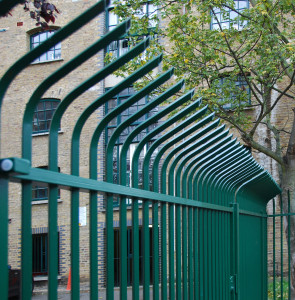
CCTV was first launched in 1942, when Siemens AG installed a system to observe the launch of V-2 rockets (the world’s first long-range missile), although the first commercial closed circuit television system became available in the US in 1949. Since its original roll-out, the technology has advanced and in 2013, The British Security Industry Authority (BSIA) estimated that there were up to 5.9 million closed circuit television cameras in the U.K., including 750,000 in sensitive locations such as schools, hospitals, and care homes.
The fact that CCTV schemes offer an invaluable source of crime detection and evidence for the police cannot be disputed (in 2009 95% of Scotland Yard murder cases used CCTV footage as evidence), but herein lies the crux of the argument to discourage an over-reliance on CCTV as the central pillar to site security.
So, yes, CCTV delivers an effective means of identifying who has entered a site, even when they entered the site or perhaps initiating an alert that the site is under threat.
But the reality is, that all of these benefits do nothing to actually prevent physical access to the site.
Prevention In essence, while surveillance has no doubt increased the quality and quantity of intelligence gathering, no CCTV camera is capable of stopping a person or vehicle from entering or leaving a site.
Once on site, the damage is done and whilst CCTV may help in proving culpability, it does little to prevent the actual occurrence of the crime in the first. […]
Source: ifsecglobal.com
